New warning over ‘dangerous’ $3m super tax laws
Super funds are furious, and experts argue Australians would have to dip into their own pockets, or sell assets to pay the proposed super tax on money that has not hit their bank accounts.
National
Don't miss out on the headlines from National. Followed categories will be added to My News.
Labor’s “slippery slope” $3m super tax legislation will set a “dangerous precedent” for taxing paper profits that will threaten jobs and investment across the Australian economy.
The Self Managed Super Funds (SMSF) Association is furious about Treasurer Jim Chalmers proposed Division 296 tax laws, which could be slugging retirees within weeks.
The changes, which have been described as a “tax on aspiration”, are likely to be waved through by the Greens.
There are fears that farmers, small business owners and investors will have to sell property or shares to pay tax bills on “unrealised gains” – an increase in the value of assets they have not actually received.
The change is an historic shift in the way ordinary Australians are taxed.
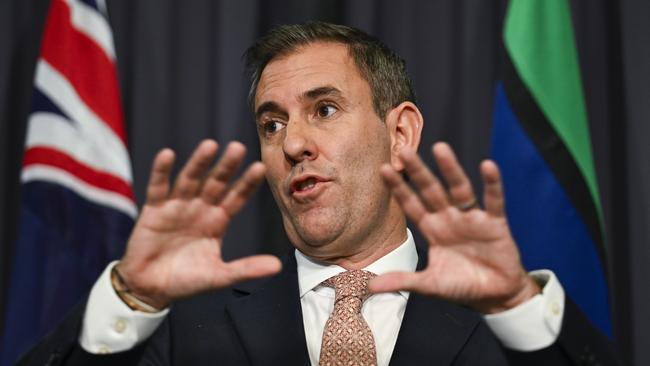
But Victorian Premier Jacinta Allan and former state politicians like Bob Carr, Jeff Kennett and Nick Greiner, who were on older, more generous defined benefits schemes, would avoid the tax.
Judges, former state governors, senior state government bureaucrats and police commissioners would also get a free pass under exemptions listed in section 995 of an exposure draft of the bill.
But federal politicians voting on the tax changes will not be exempt if their balances are over $3m.
Australia’s two biggest super funds, Australian Super and Australian Retirement Trust, have privately lobbied Mr Chalmers to review the legislation.
The funds manage $600 billion for six million customers.
Mr Chalmers’ office has hit back at what he calls a scare campaign, insisting only 0.5 per cent of super funds will be impacted on the tax of funds over $3m.
However, he has refused to increase that threshold through indexation each year to prevent the next generation of retirees from being slugged with extra taxes.
And he has denied the super changes were a precursor for changes to negative gearing tax laws.
SMSF Association chief executive Peter Burgess was scathing of the “legislation on the run”.
“This is a tax on aspiration, you couldn’t get a better example of a tax on aspiration,” Mr Burgess said.
“We wouldn’t be so upset if they applied it to actual taxable earnings. We only tax people on the income they earn, not what they haven’t received.”
Mr Burgess said farmers or small business owners like mechanics who own their building through their self-managed super funds would be stung in the tax.
They would have to dip into their own pockets, or sell assets to pay the tax on money that has not hit their bank accounts.
“It sets a dangerous precedent for future tax reform. We know the government has a significant deficit, $1.2 trillion. This is a slippery slope,” he said.
“We’re already seeing people start to take money out of super. They’ll end up taking money out such as negatively geared properties.”
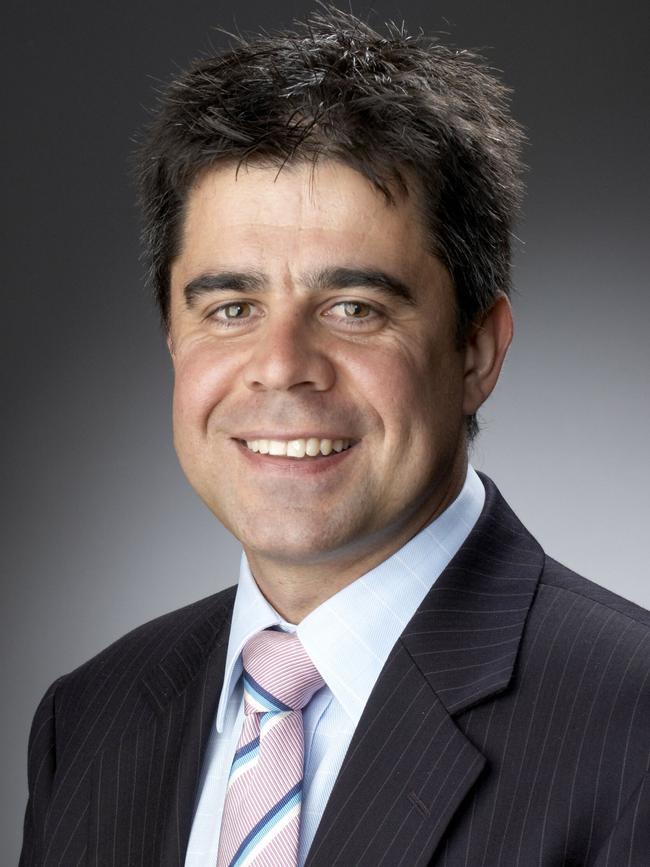
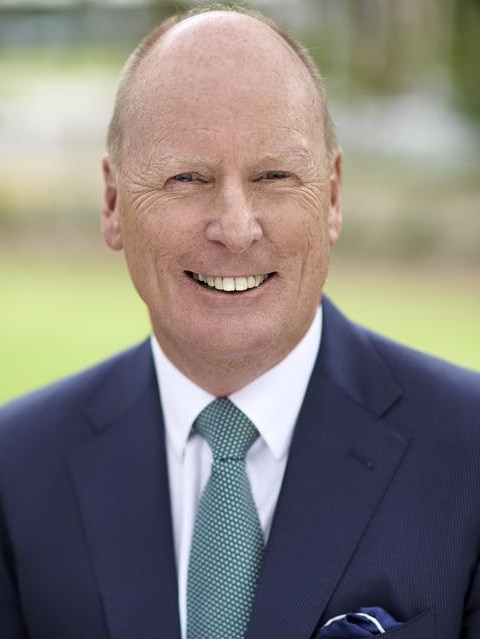
Sky News business editor Ross Greenwood said this proposed tax was “regressive” and “breached the foundation of the tax system, which is a fair go”.
“This is not a fair go,” he said.
“The government will say that its only going to apply to a small number of wealthy people but it’s still got to be fair.”
Mr Greenwood said it would also mean that start-ups would move offshore.
“Tax changes people’s behaviour. If you have a technology start up, they either take off and make a lot of money or they don’t – there’s no happy medium.
“There’s a chance that the value of a company would rise and, if that’s in a self-managed super fund, they may not be able to pay. They could be forced to sell but there’s no market to sell it in.”
Independent economist Saul Eslake and AMP’s Shane Oliver have warned the number of people stung by the tax would grow if the $3m threshold is not indexed.
An average 22-year-old starting work now would hit the $3m mark in their super by retirement.
Mr Chalmers has been opposed to indexing the threshold currently but has left the door open for it to be indexed down the track.
Mr Oliver said the changes were similar to removing capital gains concessions for people who negatively gear their investment properties because it made investing “less attractive”.
“Some may sell their property to cover the tax bill from the unrealised gains,” he said.
“It’s a bit like negative gearing, if you make it less attractive … then investors might sell property.”
Mr Oliver said any benefits of the super tax on housing supply and affordability could be offset by a negative impact on rental affordability.
“If some SMSF funds have to sell property you could argue it could put downward pressure on housing but SMSF owners of residential property are quite small,” he said.
“And then you have a longer term impact that if less investors hold property, then you could have an impact where there are less investment property in the market so higher rents over time.
“What will happen over time is more and more people will be captured by this tax … as people realise this could happen, they think of other ways to restructure their investment.”
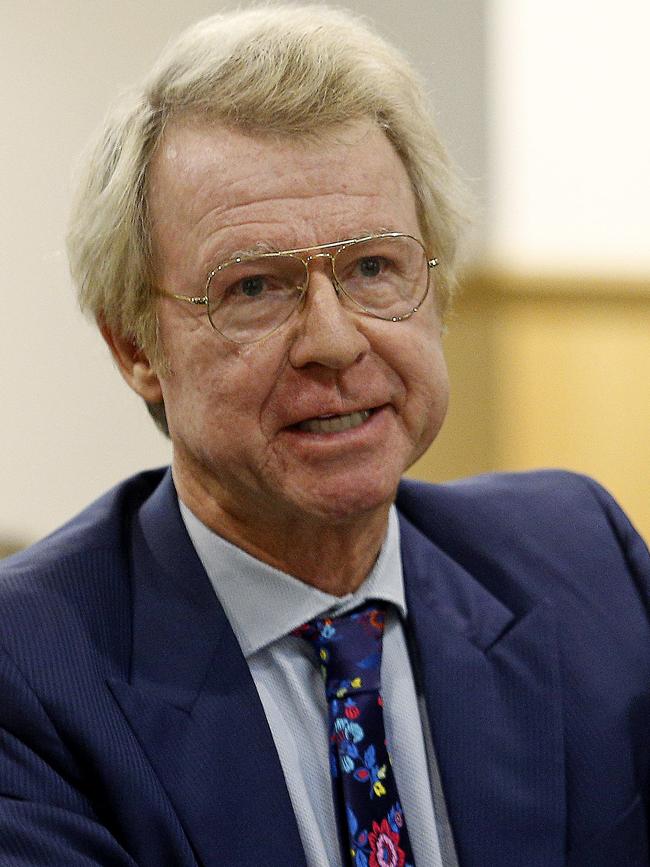
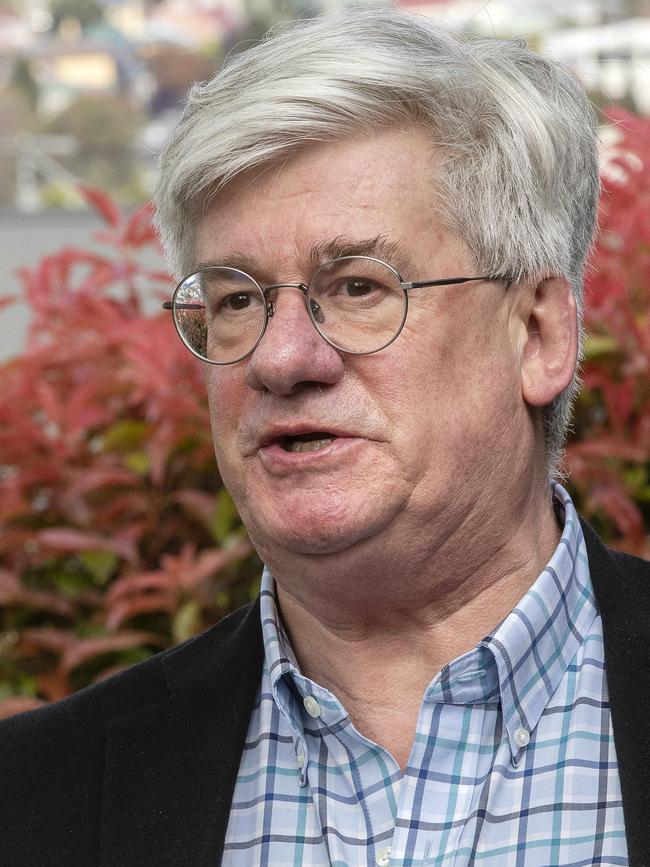
Mr Eslake said wealthy retirees with investment properties in the SMSFs would be “seriously thinking” about selling.
“If one or two properties are the only asset you have in your SMSF, if you’re taxed on an unrealised capital gain you may not be generating enough income to cover the tax bill,” he said.
“Taxing unrealised capital gains is bad policy … It runs against a basic principle of taxation.”
Labor claims that the tax will collect about $2.3 billion each year, however a similar tax in Norway has been a disaster.
Wealthy Norwegians have fled the country to move their money to Switzerland, with 100 of the nation’s 400 biggest taxpayers becoming tax exiles.
Start-up entrepreneurs were hardest hit by the tax levied by Norway’s left-wing government. They were taxed on the paper value of their companies, which attracted enormous tax bills.
Mr Chalmers dodged questions about what the Greens will demand to get the super changes through the Senate.
But he insisted that he had a mandate to make them after flagging the legislation before the election.
“We took our agenda through the election, including the changes to superannuation tax concessions to make very generous concessions slightly less generous, but still generous,” he said.
“We would like to see that legislated in the Senate. We’ve not had any discussions about any of the changes that the other parties would like to see in the Senate.”
More Coverage
Originally published as New warning over ‘dangerous’ $3m super tax laws




